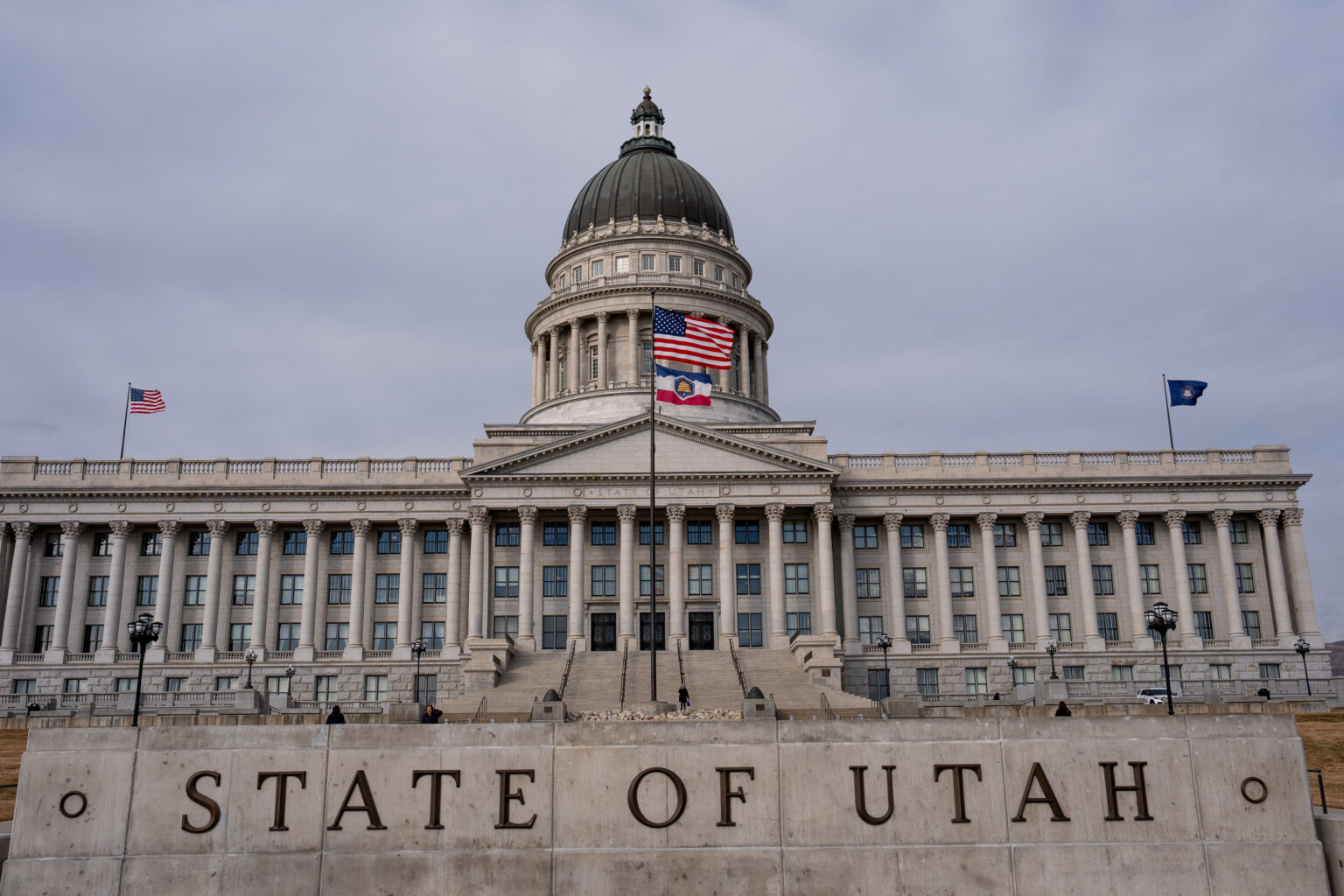This op-ed originally appeared in Deseret News on September 10, 2024.
In a landmark decision on Aug. 9, the Fifth Circuit Court of Appeals declared that geofence warrants are unconstitutional under the Fourth Amendment, labeling them “modern-day general warrants.” This ruling is not just a legal victory but a crucial affirmation of privacy rights in the digital age, arriving at a time when the use of such warrants by law enforcement is on the rise and concerns over digital surveillance are growing.
Geofence warrants, also known as reverse-location searches, allow law enforcement to collect location data from any device within a certain geographical area at a given time. The technique, which aims to identify suspects in criminal investigations, might seem like a perfect tool for catching criminals. However, it also represents a significant intrusion into the privacy of countless innocent people whose data is swept up in the process.
The Fifth Circuit’s ruling comes as a direct contrast to a decision made by the Fourth Circuit Court of Appeals just a month earlier, which upheld the use of geofence warrants. This legal divide underscores the controversy surrounding this investigative technique and highlights the urgent need for clear regulations to protect Americans’ privacy.
The statistics are alarming. Requests for geofence warrants have skyrocketed, with Google, the primary recipient of these requests, reporting a jump from 9,000 in 2019 to 11,500 in 2020. By 2021, geofence warrants constituted more than 25% of all warrant requests received by the tech giant. Despite the widespread use of this surveillance method, legislative action has been sparse. Utah remains the only state to have taken meaningful steps to regulate the use of geofence warrants, with the passage of HB57 in 2023. This law requires probable cause, a visual map of the geofence and annual reports on the use of such warrants, setting a standard for other states to follow.
Yet, as the Fifth Circuit’s ruling demonstrates, even these measures may not go far enough. Judge James C. Ho, in his concurring opinion, eloquently reminded us of the Constitution’s purpose: “Hamstringing the government is the whole point of our Constitution … Our decision today is not costless. But our rights are priceless.”
His words serve as a powerful reminder that the Constitution was designed to protect citizens from government overreach, even in the face of potential costs to law enforcement efficiency.
Critics of the Fifth Circuit’s decision argue that limiting the use of geofence warrants will hinder law enforcement’s ability to solve crimes. However, this argument overlooks the fundamental principle that our rights are not negotiable. The erosion of privacy rights in the name of expedience sets a dangerous precedent, one that could lead to even greater intrusions on our freedoms in the future.
Furthermore, touting this as an “efficient” investigative practice in solving crime overlooks the harm that these virtual dragnets have already caused: Florida resident Zachary McCoy had to pull from his family’s savings just to clear his name after the data from an exercise app he used for bike rides in his neighborhood turned him into a potential suspect for police investigating a burglary he knew nothing about. In Arizona, Jorge Molina was wrongfully arrested and defamed after police used a geofence warrant to investigate a drive-by shooting he wasn’t involved in.
In an era where digital surveillance is becoming increasingly pervasive, the Fifth Circuit’s decision is a crucial step in the right direction. It is a reminder that while technology may change, the fundamental rights enshrined in our Constitution remain steadfast. As we move forward, it is essential that we continue to defend these rights, ensuring that the tools designed to protect us do not become instruments of oppression.









